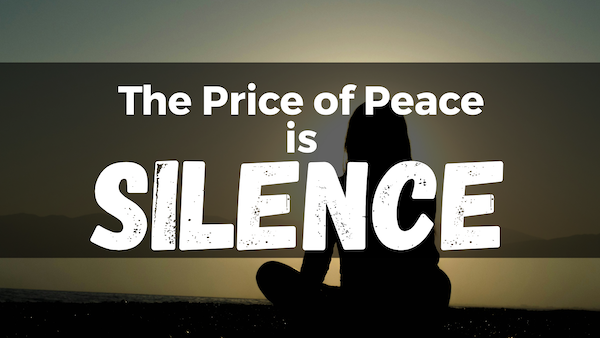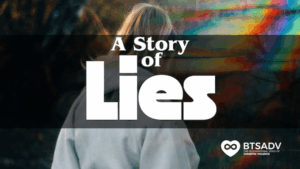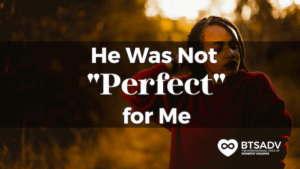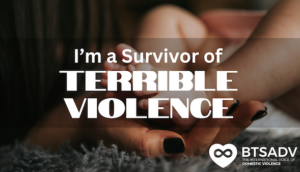By Iris Pendelton
When the price of peace is silence, do we pay it?
Abuse is not confined to dimly lit bedrooms or closed doors behind suburban homes. Sometimes, it wears a uniform. Sometimes, it stands behind a pulpit. And sometimes, it smiles in community meetings or passes laws in a statehouse.
Abusers aren’t just partners. They can be police officers, judges, politicians, faith leaders, or other community figures who use their positions of power to avoid accountability. And too often, society not only lets them get away with it. It also protects them.
When Power Shields Abuse
Abusers in power have access to tools the average person doesn’t: networks, influence, public trust, and institutional backing. A police officer who abuses their spouse might use threats of arrest or custody loss to maintain control. A judge accused of abuse might hide behind professional credibility, making survivors seem “unstable” or “vindictive.” Politicians may spin public narratives or bury stories with PR.
Then there are faith leaders who preach love and submission while terrorizing those closest to them. In these situations, survivors not only face emotional and physical trauma, but also spiritual manipulation.
They’re told that God hates divorce. That suffering is part of their divine journey. That submission is a virtue, even when it comes at the cost of safety and sanity.
When Beliefs Become Chains
For some, faith offers hope. For others, it becomes a cage. Survivors are often pressured by religious communities to forgive, to stay, to pray harder. They are told that leaving is selfish. That reporting abuse is disrespectful. That being a “godly” spouse means enduring.
This toxic theology doesn’t just damage survivors, it protects abusers. It allows them to continue their harm with the blessing (or silence) of their community. It creates a culture where the appearance of righteousness matters more than the reality of harm.
When Communities Choose Silence
Even outside of religious spaces, communities often close ranks around abusers. Families defend them. Colleagues turn a blind eye. Friends urge survivors to keep quiet for the sake of peace or reputation.
Survivors who speak out are labeled bitter, angry, or unstable. Worse, if they defend themselves, they’re sometimes even accused of being the abuser. The burden of proof is almost always placed on the survivor.
The consequences of speaking up often outweigh the harm of staying silent. And so the cycle continues.
The Cost of Silence: Why Survivors Stay Quiet
When survivors see abusers protected, uplifted, or even celebrated by their communities, it sends a chilling message: speaking out won’t make you safe. Instead, it might make things worse.
Many survivors don’t speak up because they fear they won’t be believed. Or worse, they fear retaliation, character assassination, or losing their children, job, or community. Some fear being shamed or ostracized by those they once trusted the most.
The result? Silence. Isolation. A deep sense of betrayal, not just from the abuser, but from the very systems and people who were supposed to help.
Survivors don’t stay silent because they want to. They stay silent because the world teaches them it’s dangerous to speak.
So, What Can Be Done?
- We need to confront the systems that protect abusers and silence survivors. That means:
- Believing survivors—especially when the accused holds power.
- Holding leaders accountable, regardless of title, profession, or popularity.
- Challenging harmful religious interpretations that keep people trapped in abuse.
- Creating safe spaces where survivors can speak and heal without shame or fear.
- Refusing to enable abusers just because they are “well-respected” or “never showed
signs.”
No title, position, or pulpit should ever be a shield for abuse. And no survivor should have to fight alone, not against their abuser, and certainly not against the very society meant to protect them.
When we protect the powerful over the vulnerable, we send a clear message about who matters and who doesn’t. We reinforce a culture where image is more important than truth, and where silence is rewarded while courage is punished.
To Make Change…
We can’t claim to care about justice while turning away from the injustices happening in our own homes, churches, courtrooms, and communities.
To make real change, we must start by listening. Believe survivors when they speak, even if it’s uncomfortable. Speak up when it’s easier to stay quiet. Confront harmful norms, even in your own community or family. Educate yourself. Share resources. Interrupt abuse when you see it, and support those who are trying to escape it.
Change doesn’t start in courtrooms or campaigns, it starts with people who are brave enough to tell the truth, and others who are brave enough to stand beside them.
“Survivors don’t need pity.”
They need protection. They need justice. And they need to be believed.
And they need a world where their safety is more important than someone else’s reputation.
Let’s build that world.
Check These Resources:
- Therapeutic Interventions for Healing From Domestic Violence
- The Hidden Impact of Teen Dating Violence
- Find Support with BTSADV



